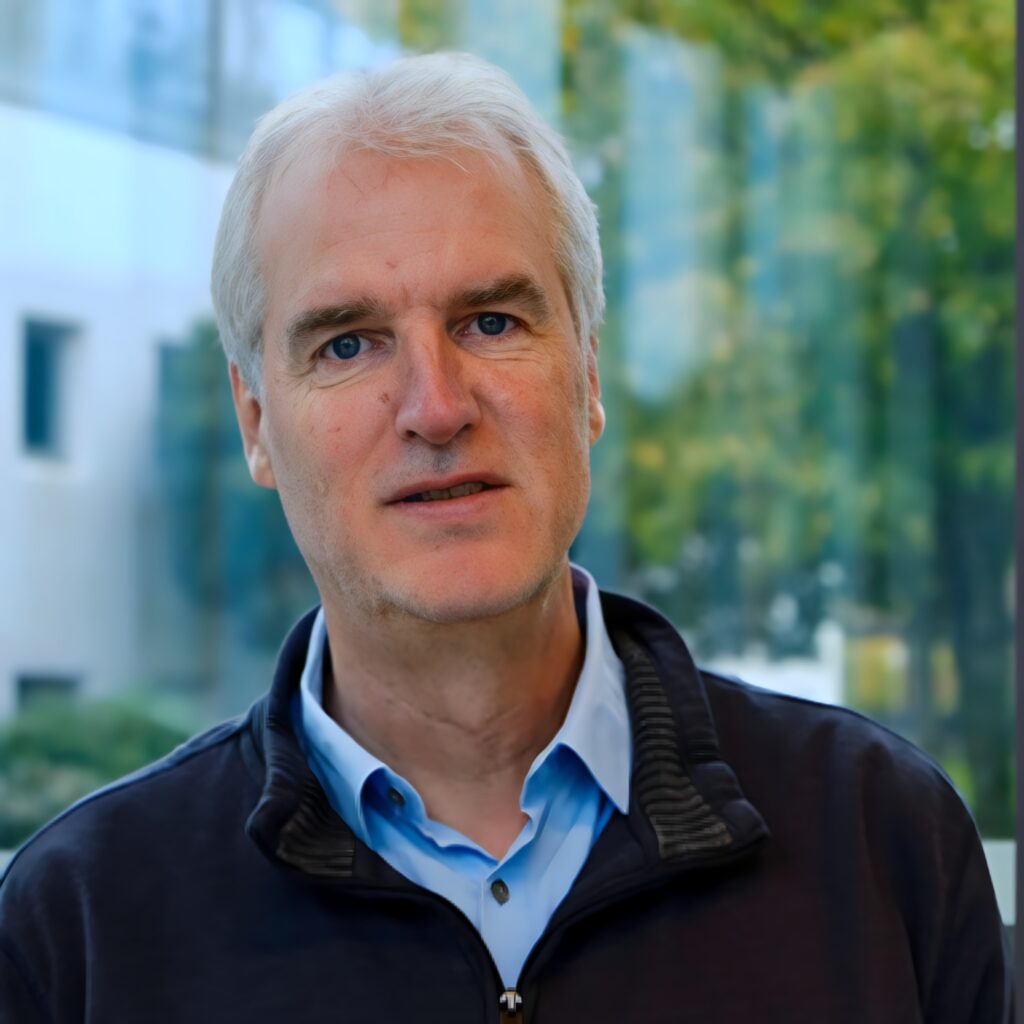
Short Bio
Ron Boschma is full professor in Regional Economics at Utrecht University, and Professor 2 at UiS Business School of Stavanger University. He also holds the Bernard Maris chair at Toulouse University. Boschma has been full professor in Innovation Studies at Lund University where he was also director of the Centre for Innovation, Research and Competence in the Learning Economy (CIRCLE). He is member of the Executive Board of the International Regional Studies Association since 2015. Boschma has published on Evolutionary Economic Geography, geography of innovation, regional resilience, regional diversification, and Smart Specialization policy. Boschma has been ranked every year since 2014 by Thomson Reuters among the top 1% of cited researchers worldwide in all scientific fields. In 2024, he received the prestigious Vautrin Lud prize for his scientific achievements which is considered the ‘Nobel of Geography’, the highest international scientific award in the field of geography.
Title (provisional) : Regional development traps in Europe, and how to overcome them
Abstract
We propose a novel concept of regional development traps that is embedded in evolutionary thinking, and that accounts for the persistent weak ability of many regions to develop new activities and upgrade their economies into more complex activities. Our definition of regional traps centers around the structural inability of regions to develop new complex activities over a longer period of time, because their capabilities form a major obstacle to move into new and more complex activities. Using industry data, we follow European regions over a long period of time and provide systematic evidence on how many regions in the EU are trapped, what kinds of traps they have fallen into, and to what extent these concern high- and low-income regions. We will identify regions that once did well but have fallen into a trap, but we also showcase regions that managed to overcome such traps, and how. These insights are useful for policy discussions about regional traps, what to do about them, how to successfully escape them, and how to avoid them in the future.
See other speakers :





